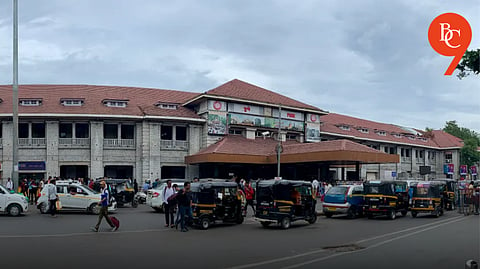

Pune’s daily commuters are increasingly abandoning traditional auto rickshaw stands due to a combination of factors including drivers refusing short-distance fares, rampant overcharging, and a chronic shortage of designated auto stands in the city. This growing crisis is affecting the daily travel experience of thousands and adding to the city’s traffic woes.
One of the primary issues is the refusal of autorickshaw drivers to accept short rides or to use meters, especially for short distances. Drivers often demand surcharges that can be double the actual fare, frustrating commuters who rely on affordable and reliable transport. Many drivers operate within limited local areas and charge ‘local rates’ rather than metered fares, citing the need to meet daily earning targets amid increasing competition and a ballooning number of registered autos.
The problem is compounded by a decade-long freeze on the creation of new auto stands in Pune. Despite having around 1.3 lakh registered auto rickshaws, the city has only 540 designated stands, while Pimpri-Chinchwad has 42,600 autos but just 150 stands. This disproportion forces drivers to pick up and drop passengers at random spots, worsening traffic congestion and making it difficult for commuters to find autos at official stands.
Students and office-goers in suburbs like Viman Nagar report walking long distances to find autos, only to face inflated fares due to the lack of nearby stands and competition among drivers. The shortage of stands in congested areas such as the old city further aggravates traffic snarls and passenger inconvenience.
Efforts by Pune’s Regional Transport Office (RTO) to address complaints have seen limited success. A WhatsApp helpline launched to report errant drivers was flooded with irrelevant messages, prompting the development of a dedicated mobile app for better grievance redressal. Meanwhile, aggressive behavior by some auto drivers, especially near transport hubs like Pune Railway Station, continues to distress passengers.
Adding to the tension, auto-rickshaw unions have protested against new electric bike taxi policies, fearing further threats to their livelihood. The fare disputes have also led to delays and refusals in ride-hailing platforms like Uber, as many drivers boycott these services due to low fares and safety concerns.
